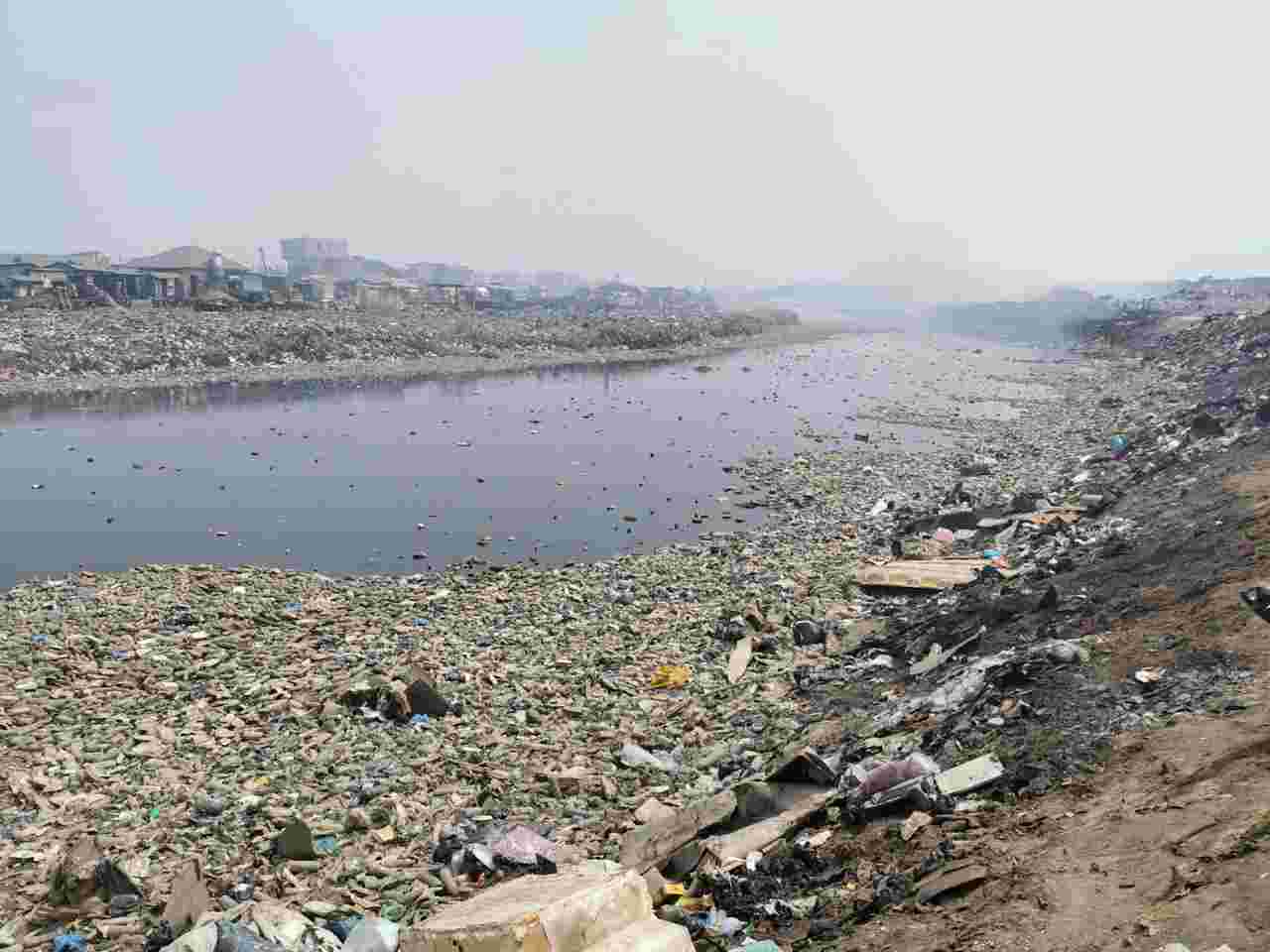Causes and Solutions for Water Pollution

Essay Question
Water pollution has become a growing concern in recent decades. What are the root causes, and how can we prevent this problem?
Sample Answer
Water pollution has escalated into a serious global issue over recent decades, threatening ecosystems, public health, and economic development. This essay will examine the root causes of water pollution and propose effective measures to prevent it.
One primary cause of water pollution is industrial discharge. Many factories release untreated or inadequately treated waste directly into rivers, lakes, and oceans. These pollutants often contain hazardous chemicals that contaminate water sources and harm aquatic life. For example, heavy metals and toxic dyes from textile industries can render water bodies lifeless and unsafe for human use. Another significant contributor is agricultural runoff, which carries fertilizers, pesticides, and animal waste into waterways. This influx of nutrients leads to eutrophication, causing excessive algae growth that depletes oxygen and kills marine organisms. Additionally, improper disposal of domestic sewage and plastic waste exacerbates water pollution, particularly in developing countries where waste management infrastructure is inadequate.
To combat water pollution, a multifaceted approach is necessary. Firstly, governments should enforce stringent regulations requiring industries to treat wastewater before discharge, with heavy penalties for non-compliance. Investing in modern treatment plants and encouraging cleaner production technologies can significantly reduce industrial pollution. Secondly, promoting sustainable farming practices, such as precision fertilization and organic farming, can minimize harmful agricultural runoff. Educating farmers about the environmental impact of chemicals and providing incentives for eco-friendly alternatives is crucial. Lastly, improving waste management systems, especially in urban and rural areas, will prevent sewage and plastic waste from entering water bodies. Public awareness campaigns and community involvement can foster responsible disposal habits and encourage participation in clean-up initiatives.
In conclusion, water pollution results mainly from industrial activities, agricultural runoff, and poor waste disposal. Preventing this pressing issue requires coordinated efforts including regulation enforcement, sustainable agriculture, and enhanced waste management. Only through comprehensive action can we safeguard our water resources for future generations.